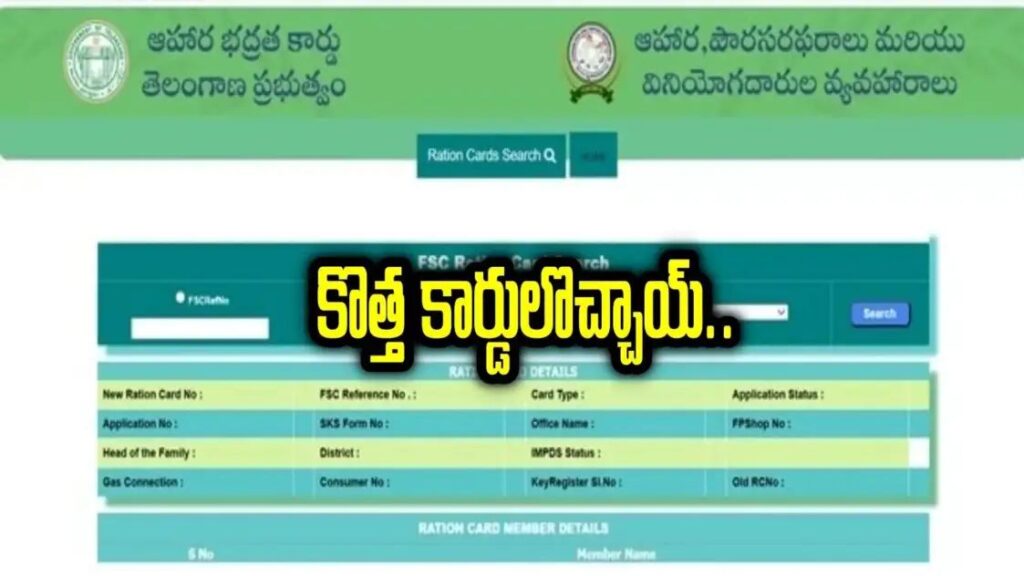Knowing Your Legal Rights as an Indian Citizen
Understanding your rights as an Indian citizen is essential for confidence and informed decision-making in various situations. Let’s explore some crucial rights that are relevant to our daily lives.
Right to Report an Offense (FIR)
You have the right to report a crime, as police officers must register a First Information Report (FIR) under Section 166A of the Indian Penal Code. Refusal to do so can lead to legal consequences for the officer, ensuring that complaints are taken seriously and investigated properly.
Right to Refund for Unsatisfactory Products or Services
The Consumer Protection Act-2019 guarantees your right to a full refund for defective goods or unsatisfactory services. The law prevents sellers from refusing returns for late-delivered or substandard products purchased online or offline.
Rights for Parents’ Maintenance
Under Section 125 of the Code of Criminal Procedure, parents, including adoptive and step-parents, have the right to claim maintenance from their adult children, ensuring their financial well-being.
Equal Pay for Equal Work
The Equal Pay Act of 1976 ensures that men and women receive equal pay for equal work, preventing gender-based wage discrimination in the workplace.
Safety of Women during Arrest
Section 46 of the Criminal Procedure Code safeguards women’s dignity and safety by stating that they cannot be arrested before 6 am or after 6 pm, and only a female officer can arrest them.
Protection against Unlawful Vehicle Seizure
The Motor Vehicles Act of 1988 provides the right to take legal action against a traffic police officer who wrongly seizes your vehicle key, promoting fairness in law enforcement.
Always-On Duty Police Officers
According to the Police Act, 1861, police officers are on duty at all times, regardless of their uniform, ensuring public safety and assistance to victims even during official leave.
Maternity Protection
The Maternity Benefit Act, 1961, safeguards pregnant women from dismissal by employers, preserving the rights of expectant mothers.
Addressing Bounced Checks
Bouncing a check is punishable under Section 138 of the Negotiable Instruments Act, 1881. Legal action can be taken to recover the owed amount.
Access to Free Legal Aid
Article 39-A of the Constitution provides free legal aid to those who can’t afford representation, ensuring access to justice for all.
Right to Information Act (RTI)
Article 19(1)(a) of the RTI Act allows citizens to request information from government officials. Officials face penalties for delays or obstruction, promoting transparency and accountability.
Regulating Retail Prices
Consumer protection laws regulate the maximum retail price (MRP) of goods, preventing unfair pricing practices and ensuring customers aren’t charged more than the MRP.
By understanding these rights, you can stand up against injustices, demand fair treatment, and make informed choices. These rights uphold justice, equality, and dignity, contributing to a better society for all Indians.







